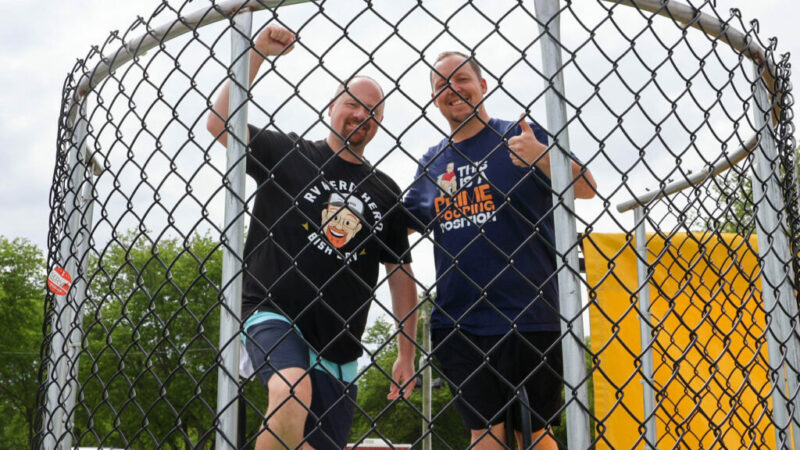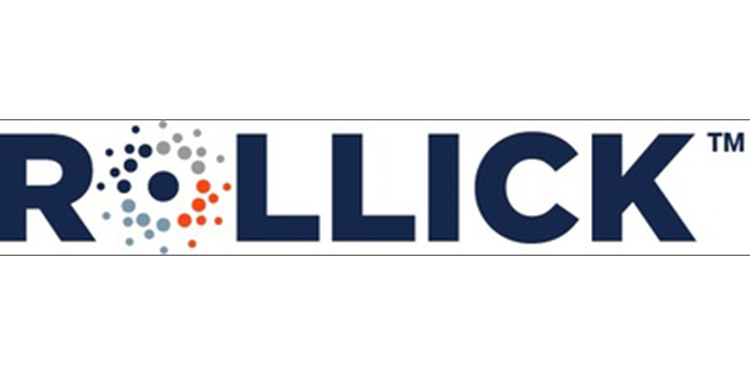Australian RV Industry Calls for ‘Fair & Balanced’ EV Plan – RVBusiness – Breaking RV Industry News

EDITOR’S NOTE: The following message was posted by the Caravan Industry of Australia.
Since September 2022, we have seen desires in the formation of policy by the Federal Government towards a low-emissions environment. Policy steps that, as an industry body, we have been actively involved in conversations about seeking, along with our automotive colleagues, clarity around the long-term impact on our industry. Whether it is the Australian Federal Government’s National Electric Vehicle (EV) strategy or the New Vehicle Efficiency Standard (NVES), the pursuit for a cleaner and more sustainable future is now at a crossroads if action isn’t taken.
Unfortunately, pursuing a cleaner and greener tomorrow has seen a sharp focus on vehicle emissions. Seen to be a “low hanging fruit”, the push towards electrification has also meant a vehicle emissions scheme needs to be introduced to ensure the correct levers and instruments are in place to incentivize the market to sell EVs. Notably, in 2022, the entire transport sector accounted for 19% of Australia’s emissions, with passenger cars and light commercial vehicles accounting for just over 10% (DCCEEW).
The NVES plans to see a cap on manufacturers’ aggregated emissions on new car sales from 2025; the higher the emitting a vehicle, the less they can sell off them as part of their total emissions before being penalised. This, in essence, is aimed at incentivizing manufacturers to make and sell more fuel-efficient vehicles, with additional credits awarded to EV sales and, in some instances, bio-fuel, hybrid and hydrogen vehicles.
While on face value, this approach seems reasonable, after all, the US has rolled out a similar standard; the policies are silent on factors that could see both areas go disastrously wrong, not just for caravanning but also for regional and rural travel in general.
This is why we have been amplifying our engagement with the Federal Government, Government Departments, vehicle manufacturers, the fuel industry, peak motoring bodies and the regulators—to ensure not only that the Caravan Industry remains top of mind but also a sensible, fair, and balanced approach to EVs and lower emissions is taken to ensure that our industry and our customers are not disadvantaged or left behind in the transition to a low-emissions future.
Many would have seen our public calls for balance – while recognising the opportunity – signalling the headwinds associated with the transition. Part of this work has seen us providing written submissions to the Government on the topics and departmental committee membership to ensure our voice is heard.
As noted from recent media reports: News.com.au story our primary concerns revolve around key areas, which the policies largely remain silent on or have yet to develop a strategy for i.e. Heavy Vehicle fuel strategy.
Areas of concern:
Lack of viable infrastructure for regional areas: While we acknowledge the government’s commitment to invest in EV charging infrastructure across the country, we are concerned that the current and planned network is insufficient to meet the needs of travellers, especially in regional and remote areas. Due to the travel demands, long distances and varied terrains require more frequent and reliable access to charging stations. A call to prioritise developing a comprehensive and coordinated national EV charging network that covers all regions and routes and caters to the specific needs of caravan and camping travellers, such as larger parking spaces, higher power outputs and longer dwell times. Coordination is critical here as the majority of the remit for this rollout has been left with state governments, local councils, and commercial entities.
Supply chain and scalability: There are concerns that the current and projected supply of EVs and related components is inadequate to meet future demand, especially for vehicles suitable to tow caravans. According to the latest data, low-emission vehicles remained popular, with hybrids, plug-in hybrids and battery-electric vehicles making up 17.4 per cent of sales. In comparison, battery electric vehicles represented only 5.4 per cent (FCAI Jan 2024). These vehicles are mostly passenger cars or small SUVs unsuitable for our industry product.
We understand that the global supply chain for EVs and batteries faces significant challenges and constraints. The Australian market is competing with other larger and more mature markets for EVs. This sees an uncertain timeframe for market availability of suitable vehicles, such as utes, vans and large SUVs.
With a lack of appropriate vehicles to tow caravans for longer distances, there is a high degree of concern that the current and emerging technology of EVs cannot yet provide the performance and range that travellers require. Most current EVs have limited battery capacity and driving range when under load. According to a recent study by the Australian Automobile Association, the average driving range of an EV when towing a caravan is only 100 km, compared to 500 km for a petrol or diesel vehicle. This means that EVs would need to recharge more often and for longer periods, significantly increasing travel time and cost for travellers. This is why increased support for research and innovation of EV technology and battery systems is needed to ensure that the NVES and other policies do not discourage or penalise the development and use of alternative fuels and technologies that may offer better solutions for caravan and camping travellers, such as hydrogen, biofuels or hybrid systems.
With the introduction of the NVES, our concerns are heightened due to the potential for alternate fuel disincentives and demonisation/cost increases/reduced availability on vehicles suitable to tow caravans. Industry concern remains that the NVES will impose financial penalties on car manufacturers that do not meet the fuel efficiency targets, which may result in higher prices or a lower supply of vehicles suitable for caravan and camping travellers. We also worry that the NVES will create a negative perception and stigma around petrol or diesel vehicles, which may affect the resale value and demand.
We are not opposed to a low-emissions environment or electrification. Still, we believe there is no clear path forward for regional dispersal and the caravan industry under the current policies. We will continue to work strongly with the government and other peak automotive associations to ensure an outcome for an industry that secures a strong and viable future.






